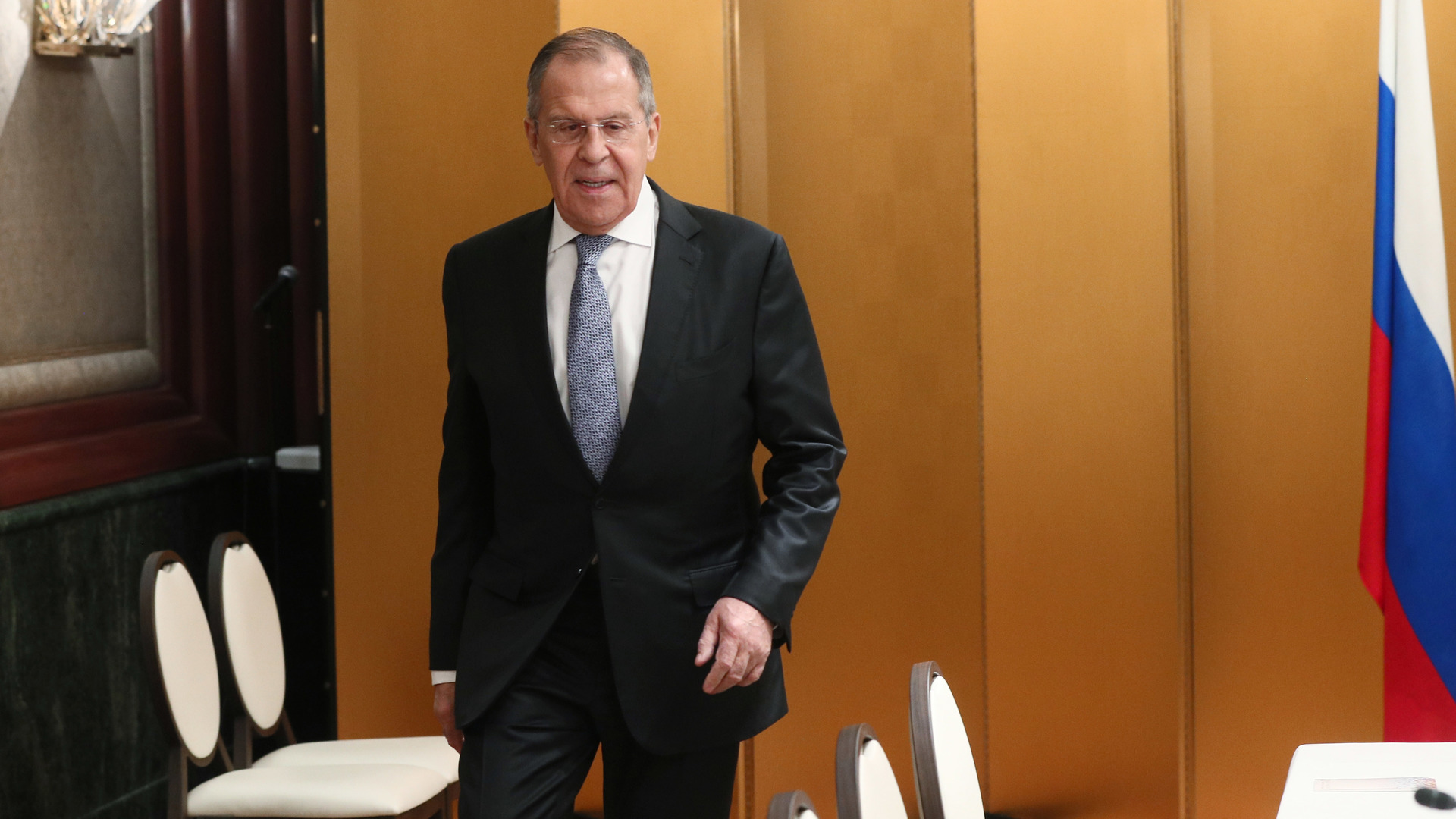Swedish parliamentarians called for work to renew sanctions against Russia as part of the work of the Council of Europe. Such a proposal was made by the deputies of the Center Party, members of the Foreign Affairs Committee Kerstin Lundgren and Magnus Ek. The text of the document was reviewed by RT.
As stated in the justification for such a proposal, the Swedish government voted to amend the current rules of the Committee of Ministers of the Council of Europe, as a result of which Russia was once again able to resume work in the organization. However, in their opinion, this decision in practice means the lifting of sanctions against Moscow.
“It is important that Sweden and individual deputies of the Riksdag, and not least those who belong to the ruling parties, adhere to the previously adopted sanctions measures,” parliamentarians say.
The document states that after the incorporation of Crimea into the Russian Federation, Moscow “changed normal relations and the regime of cooperation with European countries, and the situation remained essentially the same.”
“Despite this, Russia was again allowed to participate in the work of the Council of Europe and returned its voting right. We are watching how, through their activities in the Council of Europe, they are trying to give legitimacy to their actions, and we are also trying to ignore the decisions made by the Council of Europe and other international institutions in the future, ”the document says.
In this regard, the Swedish parliament proposes to work on the renewal of sanctions against Russia in the framework of the Council of Europe. At the same time, parliamentarians did not specify which restrictive measures should be applied to the Russian delegation within the PACE.
Full restoration of authority
Recall that in 2014 the Russian delegation to PACE was deprived of the right to vote, participate in observation missions and become a member of the organization’s governing bodies due to events in Ukraine and the reunification of Crimea with Russia.
In response to this, Russia stopped sending its parliamentarians to work in PACE, and in 2017 Moscow froze the payment of a contribution to the Council of Europe.
Meanwhile, in May 2019, the Committee of Ministers of the Council of Europe adopted a statement on the equality of all delegations. As Russian Foreign Minister Sergey Lavrov said then, Moscow supports everyone who “stands for ending the senseless confrontation, for the integrity of the Council of Europe”.
- Sergey Lavrov
- © Alexander Shcherbak / RIA News
At the end of June, the PACE session participants approved a resolution that confirms the authority of the Russian delegation in full. The resumption of the work of the representatives of Russia caused a negative reaction from a number of countries, such as Ukraine, Latvia, Lithuania, Georgia and Estonia.
On January 29, 2020, the Parliamentary Assembly fully ratified the powers of the Russian delegation. In February, the Foreign Ministry announced that Russia had no debts to the Council of Europe.
“Russia has no debt to the Council of Europe. Strictly speaking, she never was. Let me remind you that in 2017, our country suspended the payment of contributions to the CE budget. This was a forced and, it is important to emphasize, legitimate reaction to the discrimination of the Russian delegation in PACE, ”said Nikolai Kobrinets, director of the Department of Pan-European Cooperation of the Ministry.
As Nikolai Topornin, director of the Center for European Information, associate professor of MGIMO of the Russian Ministry of Foreign Affairs, emphasized in a conversation with RT, the restoration of the powers of the Russian delegation in PACE was not easy, and a number of deputies still object to this decision.
“It has changed that now the Russian delegation has the opportunity to participate in the work of PACE and to defend its position. A difficult political struggle awaits us, but our deputies are ready for this, ”he said.
The rhetoric of political struggle
As Natalya Yeryomina, professor at the Department of European Studies at the Faculty of International Relations of St. Petersburg State University, noted in a conversation with RT, Sweden and its northern neighbors were among the first countries that supported sanctions against Russia.
“But it’s necessary to say that the Swedish political landscape is still heterogeneous. And there are parties that are at least neutral about anti-Russian sanctions. In addition, there are parties in Sweden that are more likely to have a negative attitude towards NATO: for example, these are the same extreme right-wing parties. In this case, we can consider this issue as the interaction of the domestic political landscape of Sweden, ”the expert emphasized.
So, in December last year, deputies of the Swedish Temperate Coalition Party called for maintaining and tightening the sanctions regime against Russia.
However, according to Natalya Yeryomina, such proposals will not be able to affect the work of the Russian delegation in the Parliamentary Assembly.
“This is rhetoric connected with the political struggle, with political demarcation, in order to declare our interests outside the country. The decision regarding the Russian delegation has already been made; no one will review it. This is obvious, ”the expert concluded.
As stated in February this year by the Russian Foreign Ministry, a stable majority is retained in PACE, which is aware of the futility of isolating Russia and is aimed at continuing the dialogue with Moscow.

